These reflections are a result of more than 40 years of ministry as a Roman Catholic priest. Most of these years I spent in the Diocese of Charlotte which covers Western North Carolina. Now I am retired, and live in Medellín, Colombia where I continue to serve as a priest in the Archdiocese of Medellín.
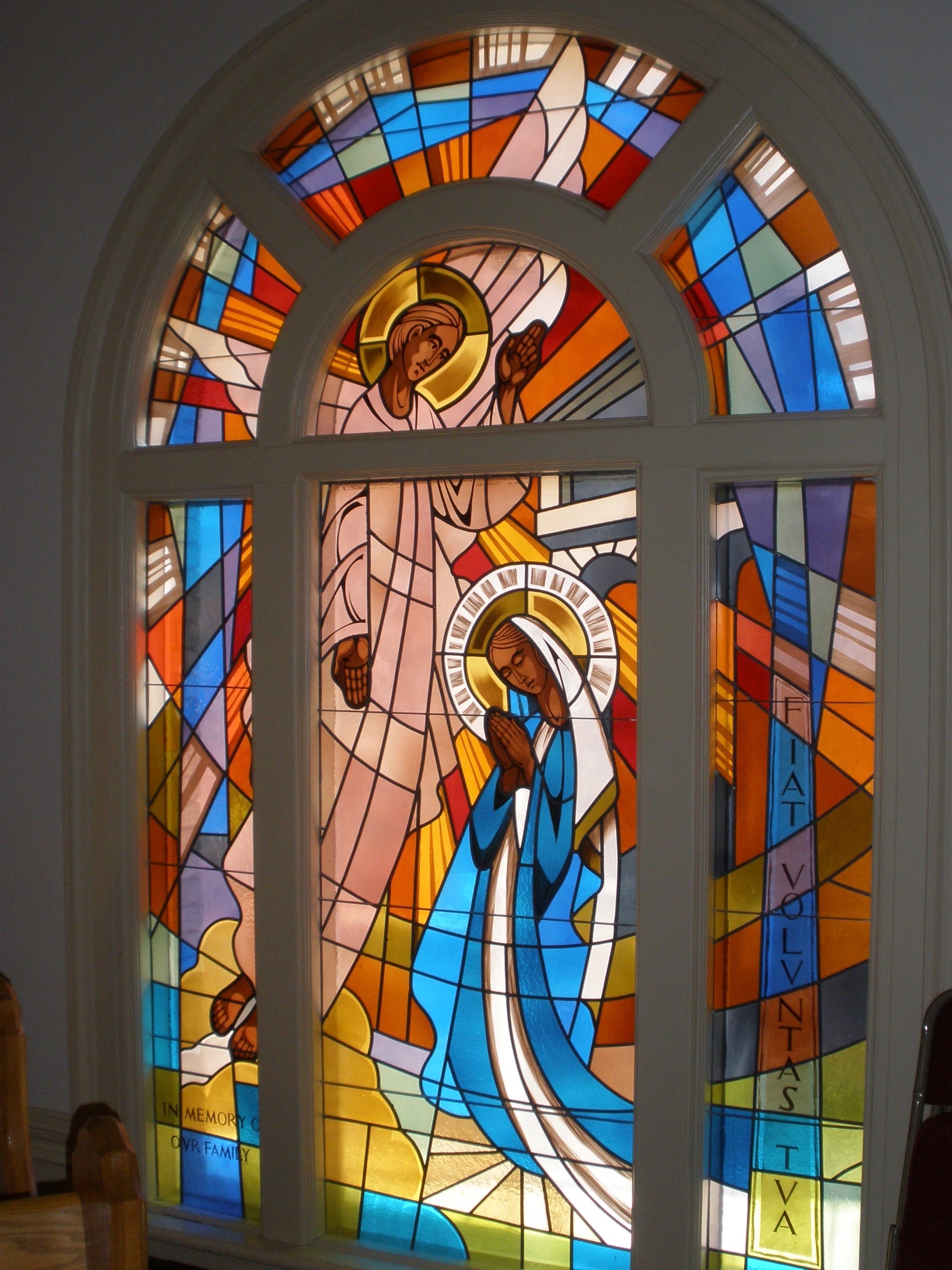
Mary said, “Behold, I am the handmaid of the Lord.
May it be done to me according to your word.”
Then the angel departed from her.
(Lk 1:26-38)
Mary’s YES has inspired believers through the ages. As we prepare to recall and relive the great events of our salvation, may we say YES to God’s plan for us.
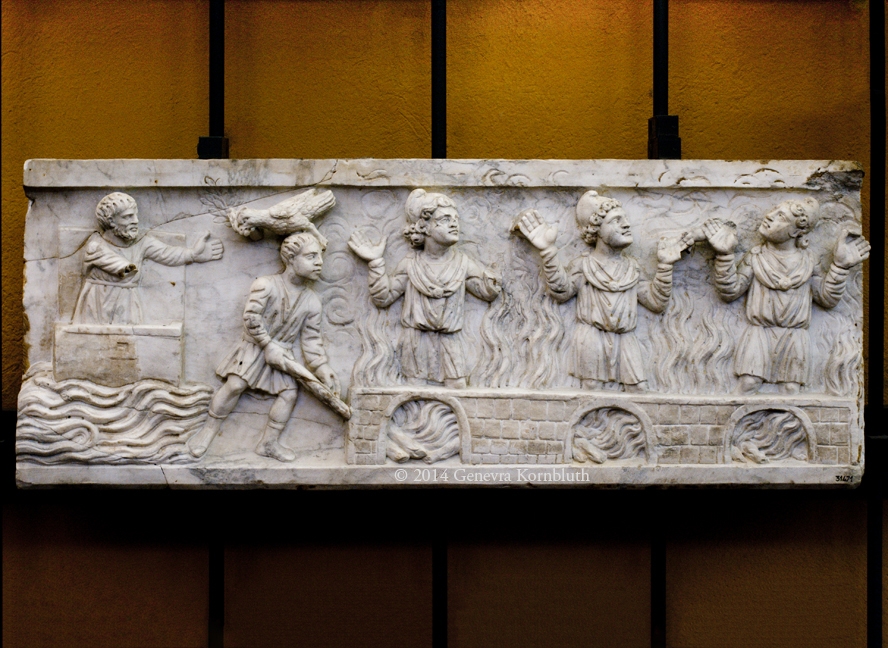
Nebuchadnezzar rose in haste and asked his nobles,
“Did we not cast three men bound into the fire?”
“Assuredly, O king,” they answered.
“But,” he replied, “I see four men unfettered and unhurt,
walking in the fire, and the fourth looks like a son of God.”
(Dan 3:13-20,91-92,95)
The fiery furnace is a striking image in the Book of Daniel. God delivers his beloved when they call out: Glory and praise forever! (Dan 3)
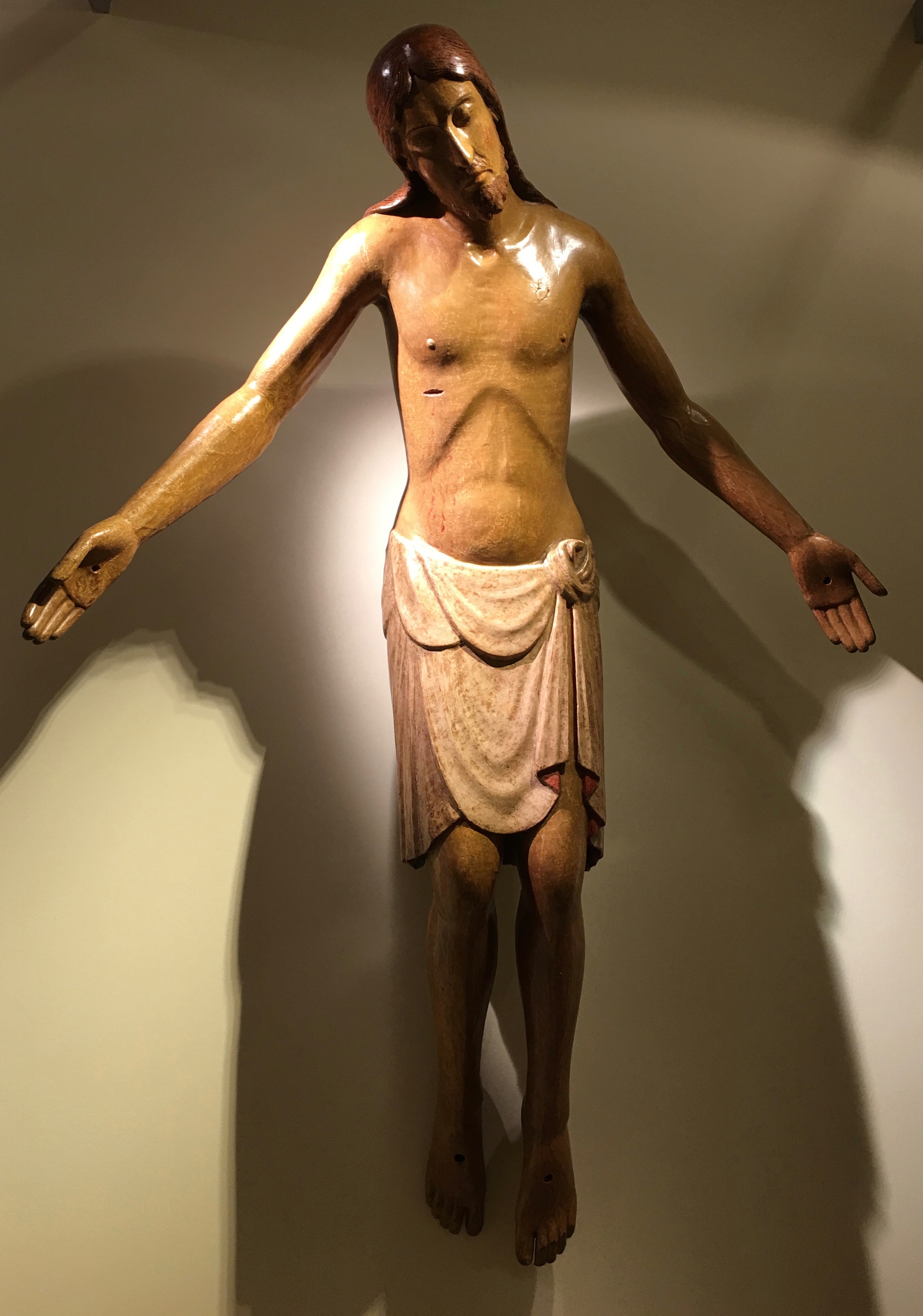
“When you lift up the Son of Man,
then you will realize that I AM,
and that I do nothing on my own,
but I say only what the Father taught me.”
(Jn 8:21-30)
This passage recalls the passage where Moses, after receiving the mission to go to Pharaoh, asks the Lord, “And whom shall I say has sent me?” And the Lord answers, “Tell them that I AM has sent me.” The claim that the gospel is making is that Jesus, lifted up on the Cross, is I AM, that Jesus Crucified is God.
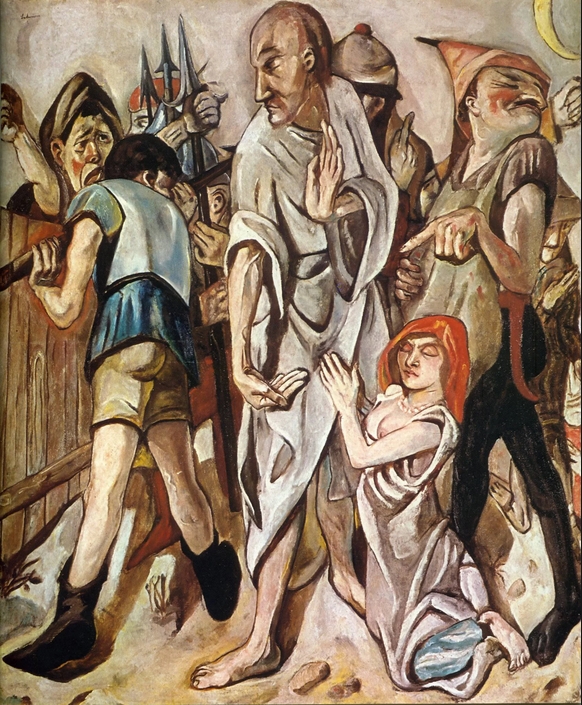
Thus was innocent blood spared that day.
(Dn 13:1-9,15-17,19-30,33-62)
“Woman, where are they?
Has no one condemned you?”
She replied, “No one, sir.”
Then Jesus said, “Neither do I condemn you.
Go, and from now on do not sin any more.”
(Jn 8:1-11)
The stories of Susanna and the Woman Caught in Adultery form a wonderful contrast. In the story of Susanna “innocent blood [was] spared that day"; in the gospel, even the guilty are spared. As Jesus would say, “I desire mercy, not sacrifice.”
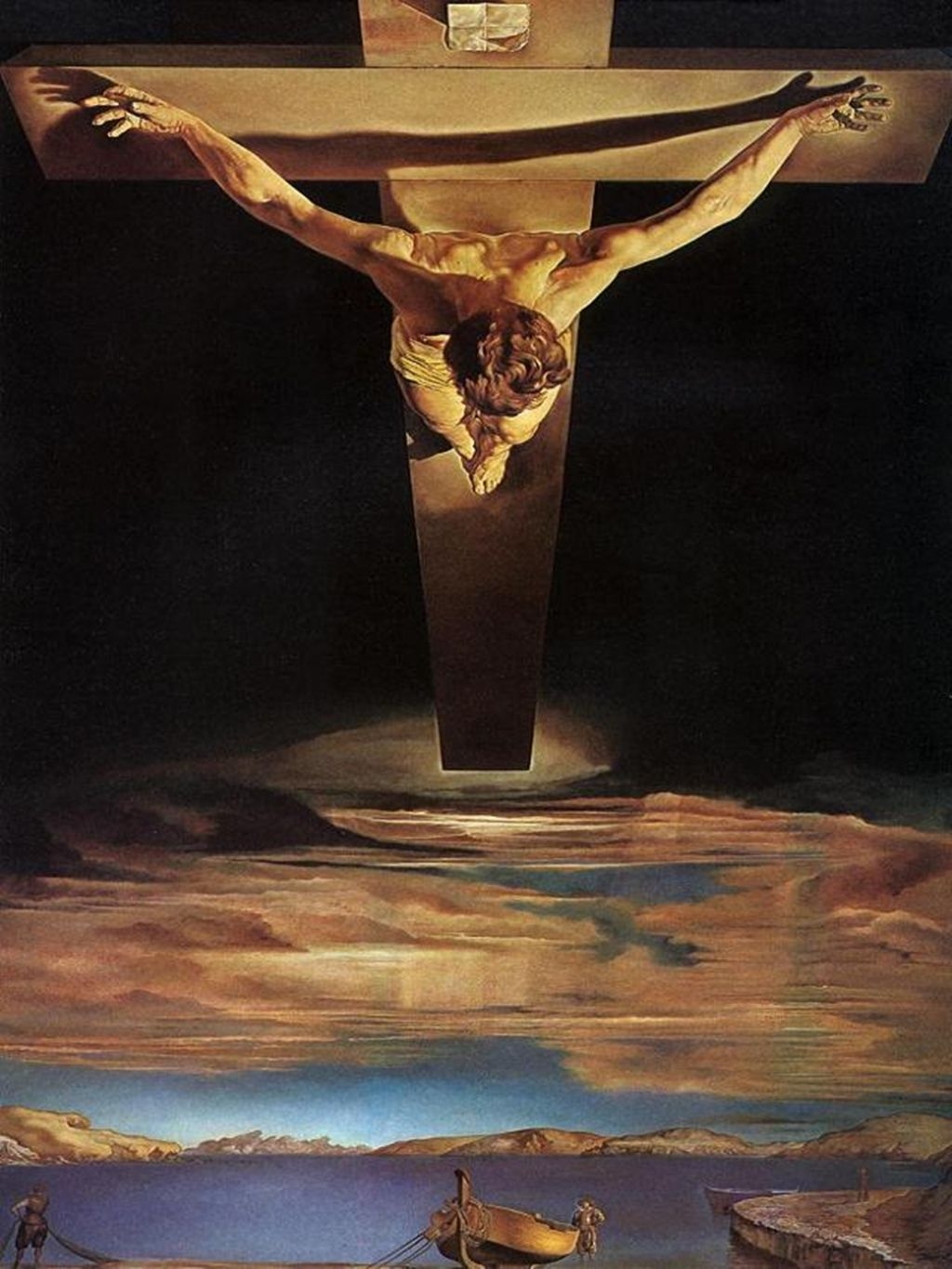
“And when I am lifted up from the earth,
I will draw everyone to myself.”
He said this indicating the kind of death he would die.
(Jn 12:20-33)
Jesus being “lifted up” transforms “the kind of death he would die” into his exaltation in glory. This Sunday begins the period we call Passiontide, with its focus on the Cross and Resurrection of the Lord.



